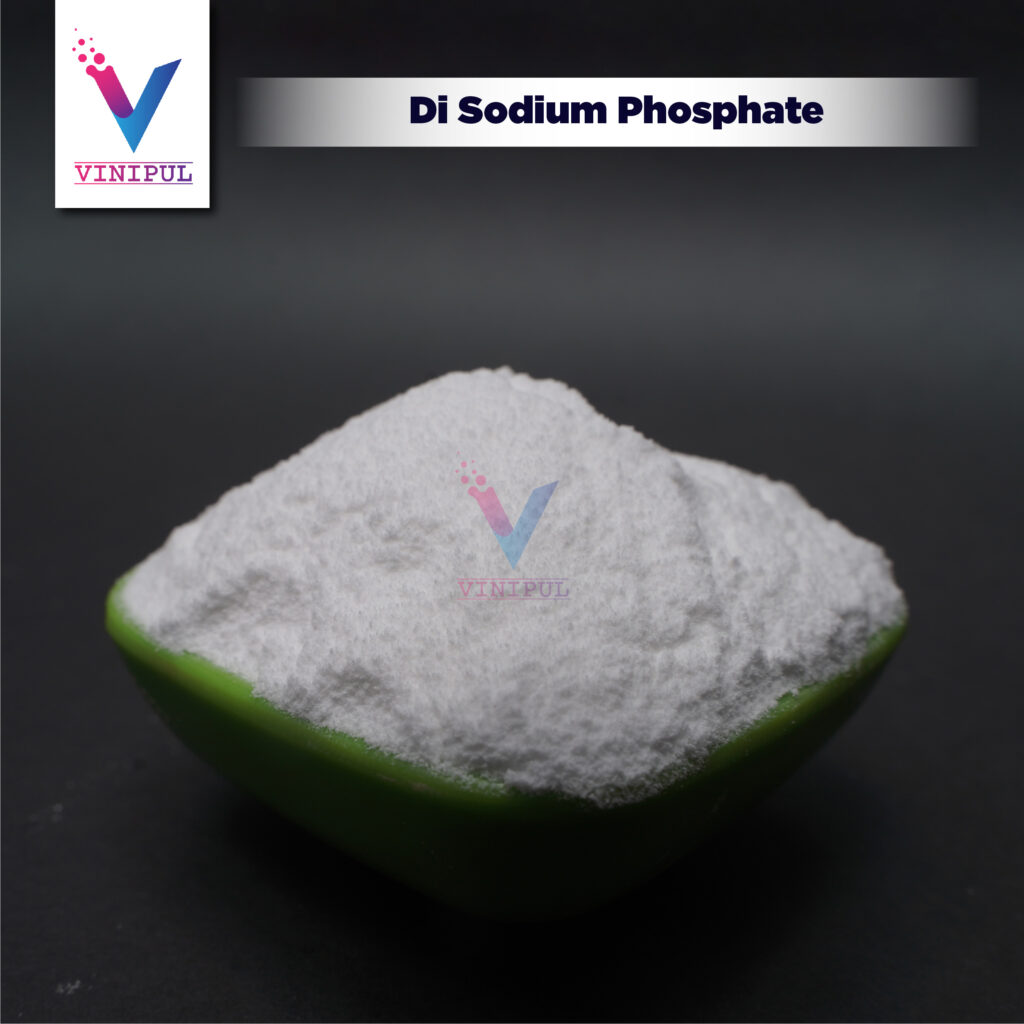Disodium Phosphate Manufacturer and Supplier
CAS No.: 7558-79-4 | EC Number.: 231-448-7| Molecular formula.: HO4PNa2, Na2HPO4, HNa2O4P
Disodium Phosphate
Disodium Phosphate Manufacturers, Disodium Phosphate Suppliers, Disodium Phosphate formula, Disodium Phosphate SDS, Disodium Phosphate MSDS, Disodium Phosphate Exporter in Mumbai, India.
Vinipul Chemicals Pvt. Ltd. is a renowned manufacturer, supplier, and exporter of high-purity Disodium Phosphate CAS No: 7558-79-4, a specialty chemical widely used in various industries. Our company is highly regarded for delivering Di Sodium Phosphate with exceptional quality, precise composition, and an extended shelf life.
As a prominent disodium phosphate manufacturer, we pride ourselves on utilizing superior purity chemicals and state-of-the-art manufacturing equipment that comply with international industry standards. This ensures that our Di Sodium Phosphate is free from impurities and maintains an accurate composition, making it suitable for a diverse range of applications.
At Vinipul Chemicals, we prioritize the production of high-quality Di Sodium Phosphate, meeting the specific requirements of our customers. Our product undergoes rigorous quality checks to guarantee its superior standard. As one of the leading disodium phosphate suppliers, we strive to provide our clients with a product that not only meets but exceeds their expectations.
What is Disodium Phosphate?
Disodium Phosphate, also known as Sodium Phosphate Dibasic or Di-Sodium Hydrogen Phosphate, is a colourless to white crystalline solid that is soluble in water. Na2HPO4 is the sodium salt of phosphoric acid and exists as a highly water-soluble and hygroscopic white powder. Di-Sodium Phosphate is produced by reacting a solution of phosphoric acid with caustic soda to achieve a higher pH. The compound is widely used in various industries and applications due to its solubility and chemical properties. In the manufacturing process, Di-Sodium Phosphate can be obtained through a series of reactions involving monosodium sulfate, phosphate rock, dicalcium phosphate, and phosphoric acid. The resulting filtrate undergoes neutralization stages with calcium carbonate or calcium hydroxide, followed by a second neutralization with an alkali sodium constituent such as sodium hydroxide, sodium carbonate, or sodium bicarbonate. This process ultimately yields pure Di-Sodium Phosphate through crystallization.
Disodium Phosphate Details
This table provides information about Disodium Phosphate, a chemical compound with the CAS No. 7558-79-4 and EC Number. 231-448-7. The table also lists various Disodium Phosphate common name and synonyms. The table contains Disodium Phosphate structure, Disodium Phosphate solubility and molecular formula. It is a white granular powder of monoclinic crystals. Disodium Phosphate pH. value is also mentioned in the table. Disodium Phosphate is commonly used in various industries in different applications. It is also used in the pharmaceutical industry for various purposes.
Specifications
| Chemical name | Disodium Phosphate |
| CAS No | 7558-79-4 |
| EC Number | 231-448-7 |
| Commercial name / Synonyms | 7558-79-4, Disodium hydrogen phosphate, Disodium hydrogenorthophosphate, DISODIUM PHOSPHATE, Sodium phosphate dibasic, Dibasic sodium phosphate, Acetest, Soda phosphate, Sodium phosphate, dibasic |
| Molecular formula | HO4PNa2 Na2HPO4 HNa2O4P |
| Chemical Structure | 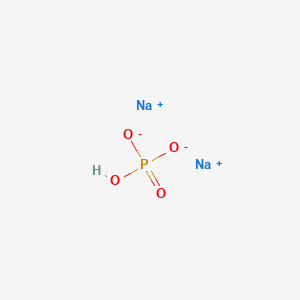 |
| Melting Point | MP: loses H2O at 92.5 °C; Specific gravity: 2.066 at 15 °C /Disodium phosphate dihydrate/ |
| IUPAC Name | disodium;hydrogen phosphate |
| Component Compounds | Hydrogen phosphate Sodium Phosphoric Acid |
| Physical Form | Colourless, translucent Crystals or white powder. |
| Physical Appearance | Colourless to white crystalline solid. |
| Solubility | Insoluble in alcohol |
| Solubility in Water | 7.7 g/100 ml (20 °C) 11.8 g/100 mL (25 °C, heptahydrate) |
| pH of 5% solution | 8.8 – 9.7 |
| Packaging Details | 25 kg / 50 kg / HDPE packaging bags / Drum/ As per Client’s requirements |
Computed Properties
| Property Name | Property Value |
| Molecular Weight | 141.959 g/mol |
| Hydrogen Bond Donor Count | 1 |
| Hydrogen Bond Acceptor Count | 4 |
| Exact Mass | 141.94078407 g/mol |
| Monoisotopic Mass | 141.94078407 g/mol |
| Heavy Atom Count | 7 |
| Topological Polar Surface Area | 83.4Ų |
| Complexity | 46.5 |
| Covalently-Bonded Unit Count | 3 |
| Compound Is Canonicalized | Yes |
Related Compounds with Annotation
The table provides information about various compounds related to Disodium phosphate and their corresponding Compound CIDs, Neighbour Types, and Annotation Types Counts. The compounds listed in the table include different forms of sodium phosphate, such as disodium hydrogen phosphate, sodium phosphate dibasic, Trisodium phosphate, and more. Each compound is associated with a specific Compound CID, which is a unique identifier in the database. The Neighbour Type indicates that the structure images are represented in a 2D format, while the Annotation Types Count represents the number of annotation types associated with each compound. This table provides a comprehensive overview of the different compounds and their properties within the context of sodium phosphate.
| Structure Image | Structure Name | Compound CID | Neighbour Type | Annotation Types Count |
|---|---|---|---|---|
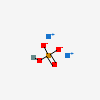 | Disodium hydrogen phosphate, Sodium phosphate dibasic, DISODIUM PHOSPHATE, Disodium hydrogenorthophosphate | 24203 | 2D | 13 |
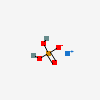 | NA | 24204 | 2D | 1 |
 | TRISODIUM PHOSPHATE, Sodium phosphate, 7601-54-9, Sodium phosphate tribasic, Tribasic sodium phosphate | 24243 | 2D | 13 |
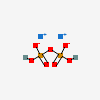 | Disodium diphosphate, Disodium dihydrogen pyrophosphate, Sodium acid pyrophosphate, DISODIUM PYROPHOSPHATE | 24451 | 2D | 11 |
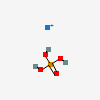 | NSC215202 | 61427 | 2D | 3 |
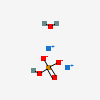 | Disodium phosphate hydrate, 10140-65-5, Disodium phosphate monohydrate, sodium hydrogen phosphate monohydrate, Sodium phosphate, dibasic, monohydrate | 61488 | 2D | 4 |
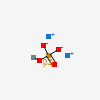 | Sodium phosphate P 32, SODIUM PHOSPHATE P-32, Sodium phosphate (32P), Sodium Phosphate, P-32, 7635-46-3 | 71180 | 2D | 7 |
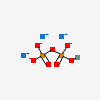 | Trisodium diphosphate, 14691-80-6, Diphosphoric acid, trisodium salt, AR7OGW33N1, trisodium;[hydroxy(oxido)phosphoryl] phosphate | 161081 | 2D | 8 |
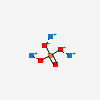 | Sodium phosphate, tribasic- | 517071 | 2D | 1 |
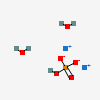 | 10028-24-7, Disodium phosphate dihydrate, Sodium phosphate dibasic dihydrate, Disodium hydrogen phosphate dihydrate, Sodium Hydrogenphosphate Dihydrate | 6451167 | 2D | 6 |
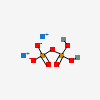 | Diphosphoric acid, disodium salt, Sodium acidic pyrophosphate | 6850736 | 2D | 1 |
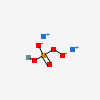 | NA | 11499257 | 2D | 1 |
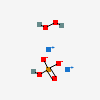 | NA | 11571876 | 2D | 1 |
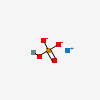 | NA | 13908524 | 2D | 1 |
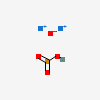 | 62533-93-1, Sodium metaphosphate oxide (Na15(PO3)13O), Pentadecasodium tridecametaphosphate oxide | 16132028 | 2D | 3 |
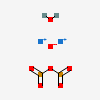 | NA | 16160787 | 2D | 2 |
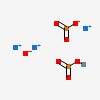 | Trinatriumhydrogen-diphosphat | 16162995 | 2D | 2 |
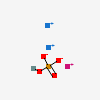 | NA | 17775894 | 2D | 1 |
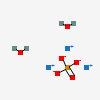 | NA | 18623014 | 2D | 2 |
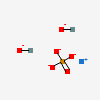 | NA | 18972218 | 2D | 1 |
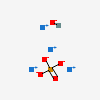 | sodium phosphate sodium hydroxide | 20215742 | 2D | 1 |
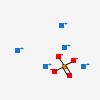 | NA | 20402777 | 2D | 1 |
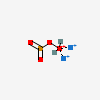 | NA | 20591266 | 2D | 1 |
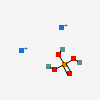 | CS-0013800 | 21225608 | 2D | 1 |
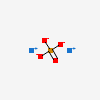 | NA | 21225616 | 2D | 1 |
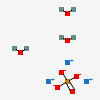 | NA | 21752976 | 2D | 1 |
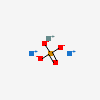 | Sodium phosphate, tribasic, hydrate, UNII-J9O85FKF29, Sodium phosphate, tribasic, monohydrate, J9O85FKF29, Phosphoric acid, trisodium salt, monohydrate | 21960685 | 2D | 4 |
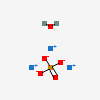 | NA | 22025832 | 2D | 1 |
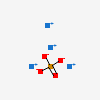 | Monosodium phosphate, 7558-80-7, SODIUM DIHYDROGEN PHOSPHATE, Sodium phosphate monobasic, Sodium dihydrogenorthophosphate | 23672064 | 2D | 13 |
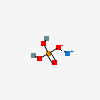 | Sodium phosphate, radioactive, Sodium radiophosphate (P32), Sodium phosphate-P32, Phosphoric-32P acid, sodium salt, FEB963GEFV | 23694678 | 2D | 4 |
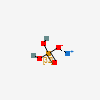 | NA | 24196325 | 2D | 2 |
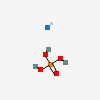 | NA | 24942201 | 2D | 1 |
 | NA | 49868119 | 2D | 1 |
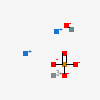 | NA | 50987228 | 2D | 1 |
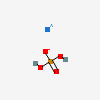 | Sodium dihydrogen phosphate(32P), NSC78064, NSC-78064 | 54611819 | 2D | 1 |
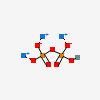 | NA | 24196325 | 2D | 2 |
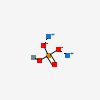 | NA | 24942201 | 2D | 1 |
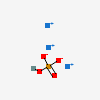 | NA | 49868119 | 2D | 1 |
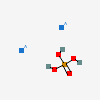 | NA | 50987228 | 2D | 1 |
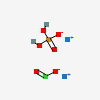 | Sodium dihydrogen phosphate(32P), NSC78064, NSC-78064 | 54611819 | 2D | 1 |
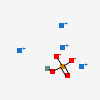 | 58592227 | 2D | 1 | |
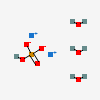 | 58592228 | 2D | 1 | |
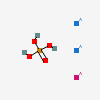 | 73694676 | 2D | 1 | |
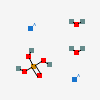 | Sodium phosphate dibasic, p.a., Sodium phosphate dibasic, 99%, FG, Sodium phosphate dibasic, >=99.5%, Sodium phosphate dibasic, LR, >=98%, Sodium phosphate dibasic, BioXtra, >=99.0% | 86587427 | 2D | 1 |
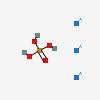 | sodium chlorite sodium dihydrogen phosphate | 86629097 | 2D | 1 |
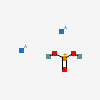 | SR-01000944553, SR-01000944553-1 | 123132506 | 2D | 1 |
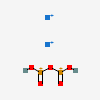 | disodium hydrogen phosphate trihydrate | 129850664 | 2D | 2 |
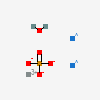 | NA | 129893691 | 2D | 1 |
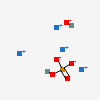 | NA | 131842726 | 2D | 1 |
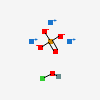 | NA | 131858953 | 2D | 1 |
 | NA | 131873077 | 2D | 1 |
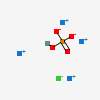 | Diphosphonic acid, disodium salt, 117503-86-3 | 133065647 | 2D | 2 |
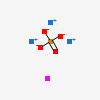 | NA | 155817533 | 2D | 1 |
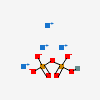 | NA | 157083340 | 2D | 1 |
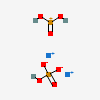 | NA | 157124791 | 2D | 1 |
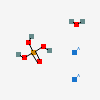 | NA | 157353828 | 2D | 1 |
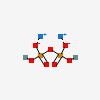 | NA | 157625255 | 2D | 1 |
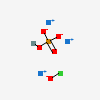 | NA | 157848274 | 2D | 1 |
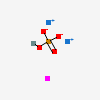 | NA | 158109010 | 2D | 1 |
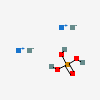 | NA | 158206683 | 2D | 1 |
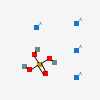 | NA | 158372835 | 2D | 1 |
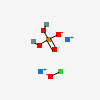 | NA | 158405446 | 2D | 1 |
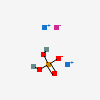 | NA | 158436809 | 2D | 1 |
 | NA | 158705951 | 2D | 1 |
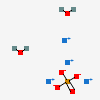 | NA | 158752915 | 2D | 1 |
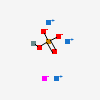 | NA | 158902613 | 2D | 1 |
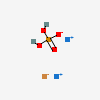 | NA | 159012754 | 2D | 1 |
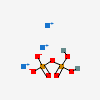 | NA | 159057923 | 2D | 1 |
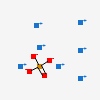 | NA | 159212588 | 2D | 1 |
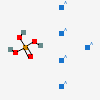 | NA | 159546512 | 2D | 1 |
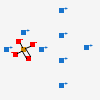 | NA | 159570107 | 2D | 1 |
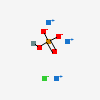 | NA | 159576839 | 2D | 1 |
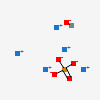 | NA | 159599879 | 2D | 1 |
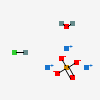 | NA | 159686031 | 2D | 1 |
 | NA | 159816390 | 2D | 1 |
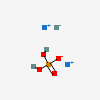 | NA | 159993976 | 2D | 1 |
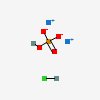 | NA | 160301972 | 2D | 1 |
 | NA | 160539386 | 2D | 1 |
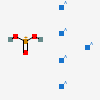 | NA | 160551881 | 2D | 1 |
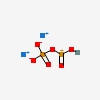 | NA | 160576304 | 2D | 1 |
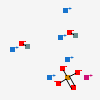 | NA | 160585046 | 2D | 1 |
 | NA | 160754996 | 2D | 1 |
 | NA | 160770726 | 2D | 1 |
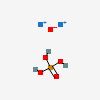 | NA | 160863606 | 2D | 1 |
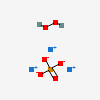 | NA | 160885716 | 2D | 1 |
 | NA | 160894603 | 2D | 1 |
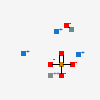 | NA | 160946424 | 2D | 1 |
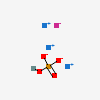 | NA | 160954176 | 2D | 1 |
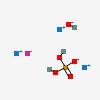 | NA | 161051059 | 2D | 1 |
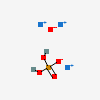 | NA | 161125728 | 2D | 1 |
 | NA | 161174415 | 2D | 1 |
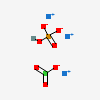 | NA | 161179395 | 2D | 1 |
 | NA | 161262193 | 2D | 1 |
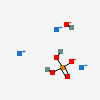 | NA | 161576511 | 2D | 1 |
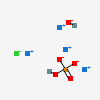 | NA | 161582796 | 2D | 1 |
 | NA | 161627143 | 2D | 1 |
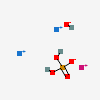 | NA | 161819454 | 2D | 1 |
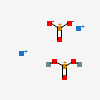 | NA | 161962896 | 2D | 1 |
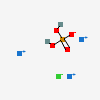 | NA | 161962897 | 2D | 1 |
 | NA | 161971429 | 2D | 1 |
 | NA | 162016481 | 2D | 1 |
 | NA | 162016482 | 2D | 1 |
 | NA | 162054311 | 2D | 1 |
 | NA | 163880961 | 2D | 1 |
Disodium Phosphate Price
If you are looking to purchase Disodium Phosphate, it’s important to know the current market price. Disodium Phosphate price can vary depending on the various factors. Vinipul Chemicals offers the best price in the market listed below: –
| Product Range | Price |
| Di Sodium Phosphate Technical | Rs 110/kilogram |
| Di Sodium Phosphate Pure | Rs 110/kilogram |
| Disodium Orthophosphate | Rs 150/kilogram |
| Disodium Hydrogen Orthophosphate | Rs 125/kilogram |
| Di Sodium Hydrogen Phosphate | Rs 125/kilogram |
| Sodium Phosphate Dibasic | Rs 1550/kilogram |
| Di Sodium Phosphate 99% | Rs 125/kilogram |
| Disodium Phosphate Anhydrous | Rs 110/kilogram |
| Di Sodium Phosphate Crystal | Rs 110/kilogram |
Prices shown above are provisional prices and may change due to different market conditions for latest prices
Call Us
+91-932 223 1817
Mail Us
business@vinipulchemicals.com
Types of Disodium Phosphate
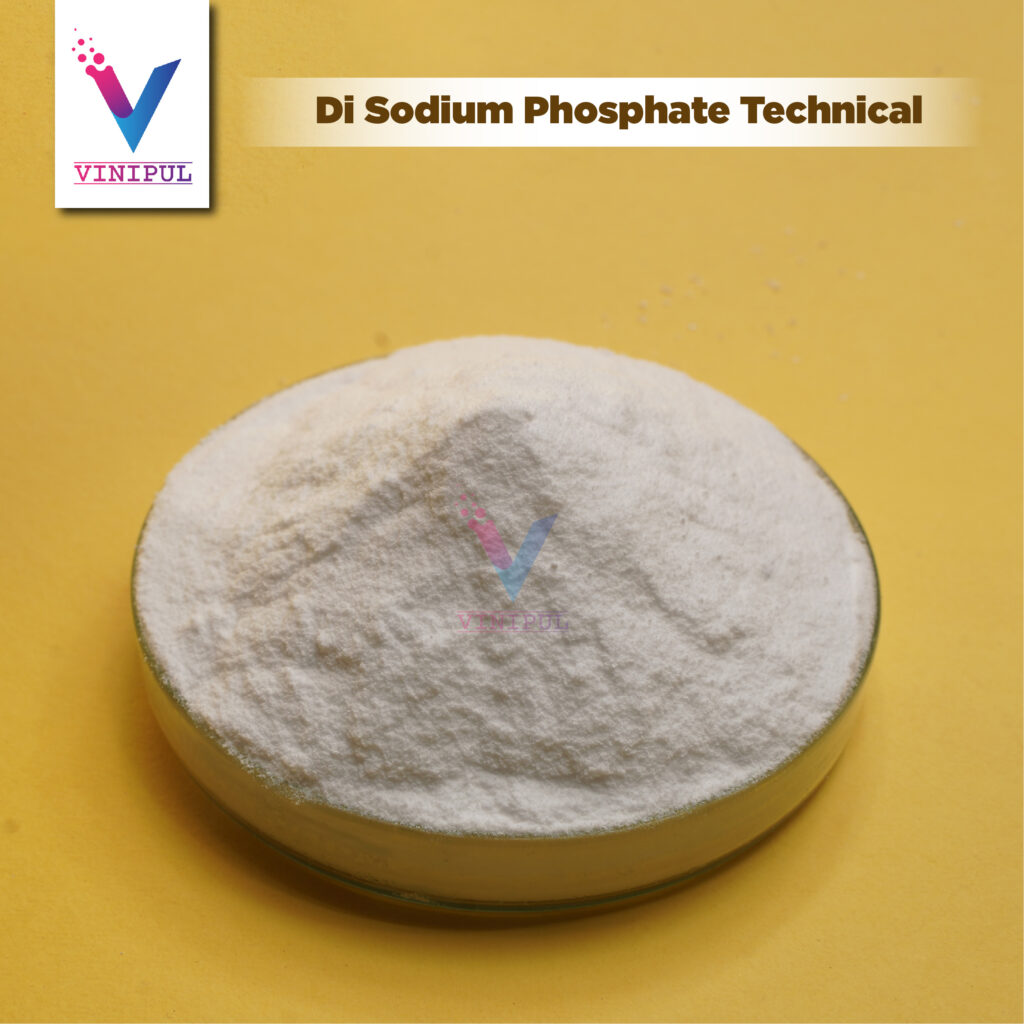
Di Sodium Phosphate Technical
Di Sodium Phosphate Technical refers to disodium phosphate that is produced for technical or industrial applications. It is typically used in various industrial processes and formulations where high purity.
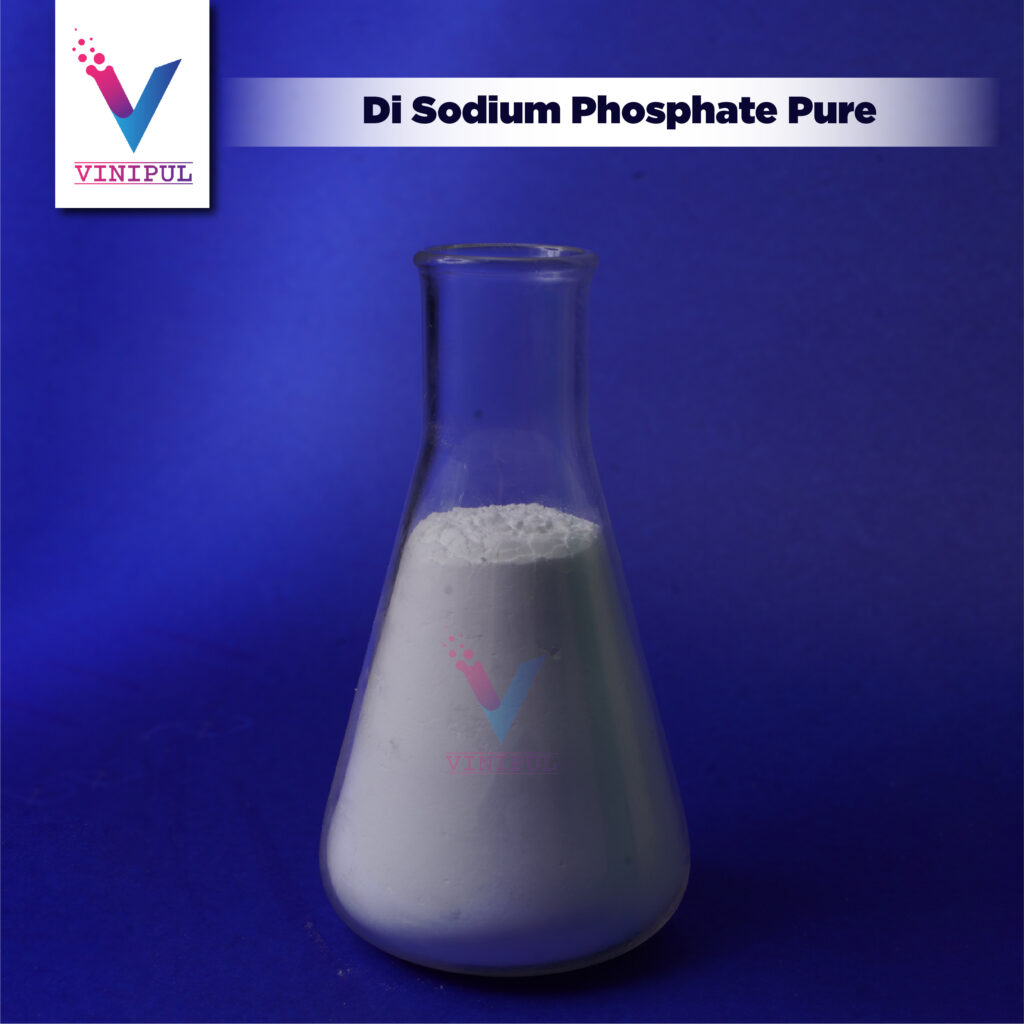
Di Sodium Phosphate Pure
Di Sodium Phosphate Pure refers to disodium phosphate that is manufactured with a high level of purity. It is commonly used in the food and pharmaceutical industries where strict quality standards are necessary.
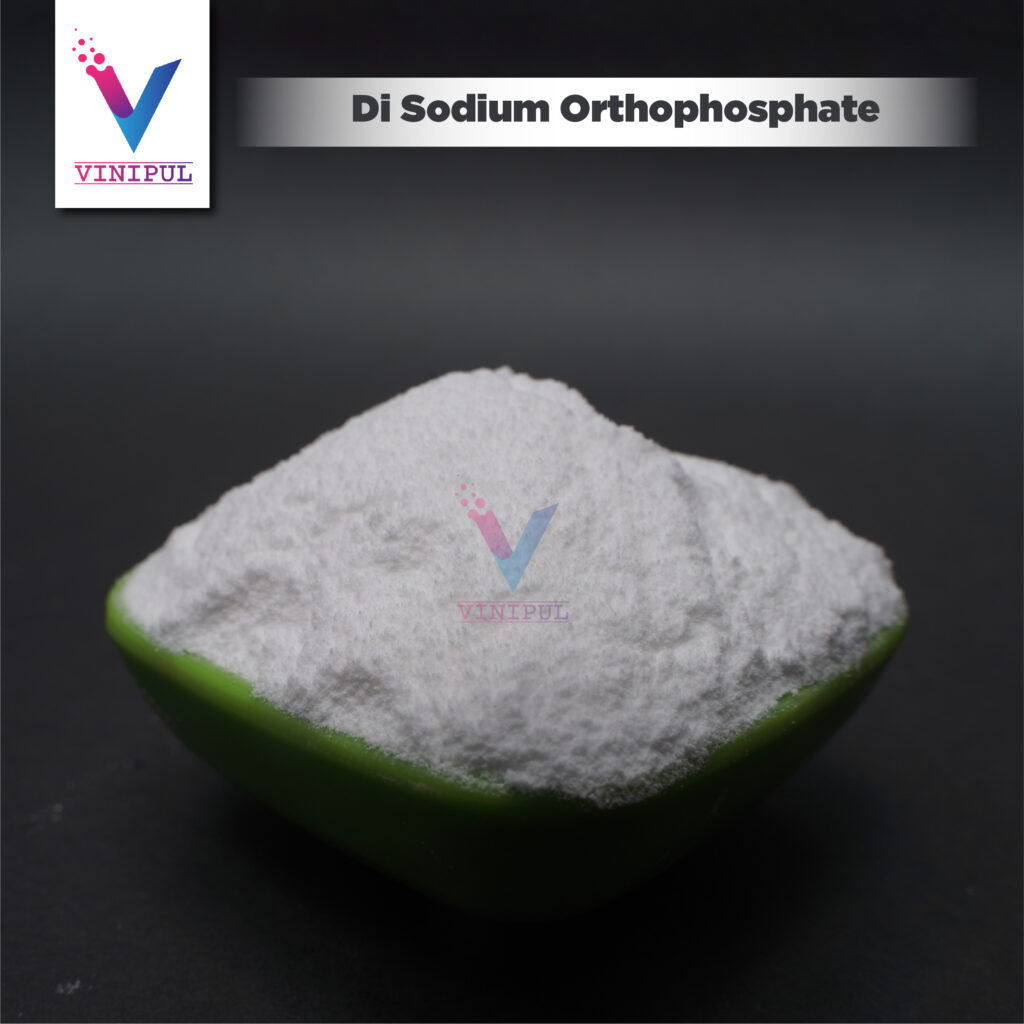
Disodium Orthophosphate
Disodium Orthophosphate is another name for disodium phosphate. It is an inorganic compound consisting of two sodium cations and one phosphate anion. It is used in various applications
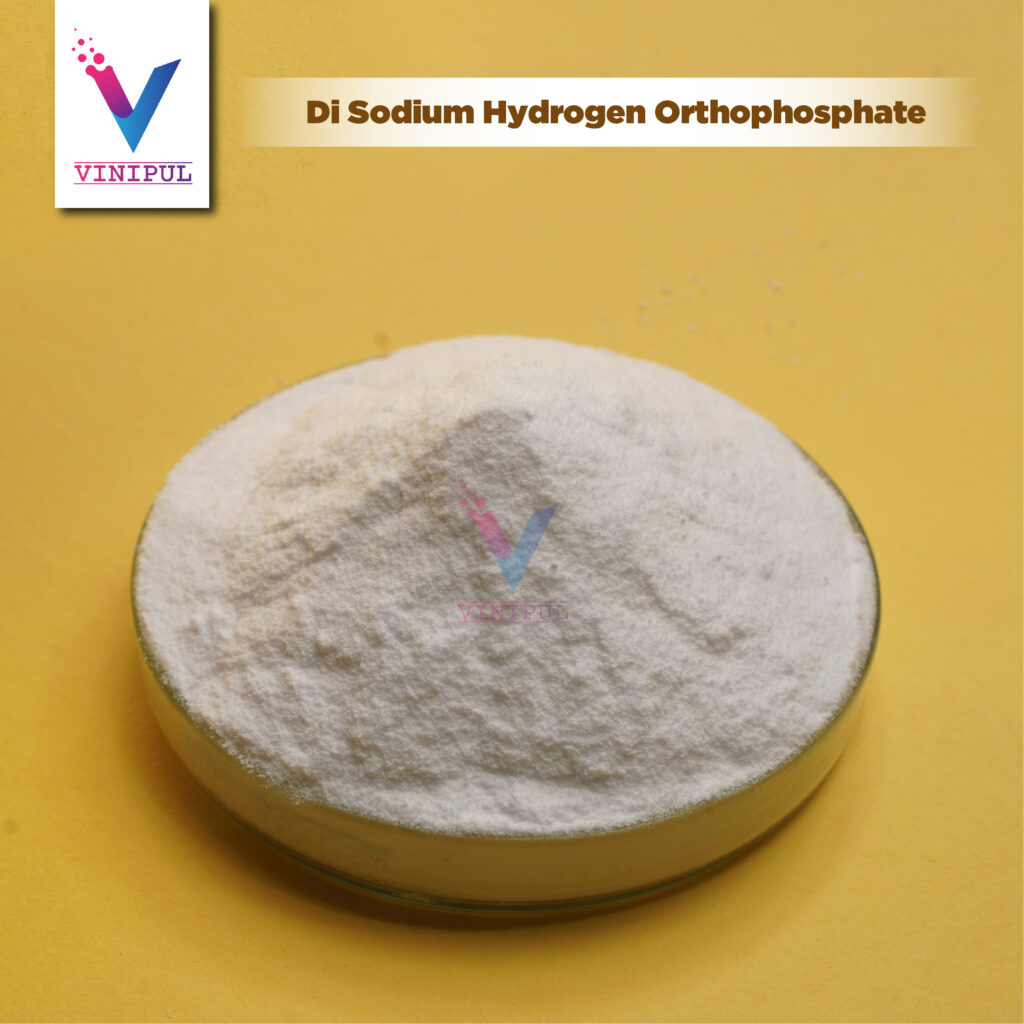
Disodium Hydrogen Orthophosphate
Disodium Hydrogen Orthophosphate is the same as disodium phosphate. It is often used as a food additive, emulsifier, and pH regulator in the food and beverage industry.
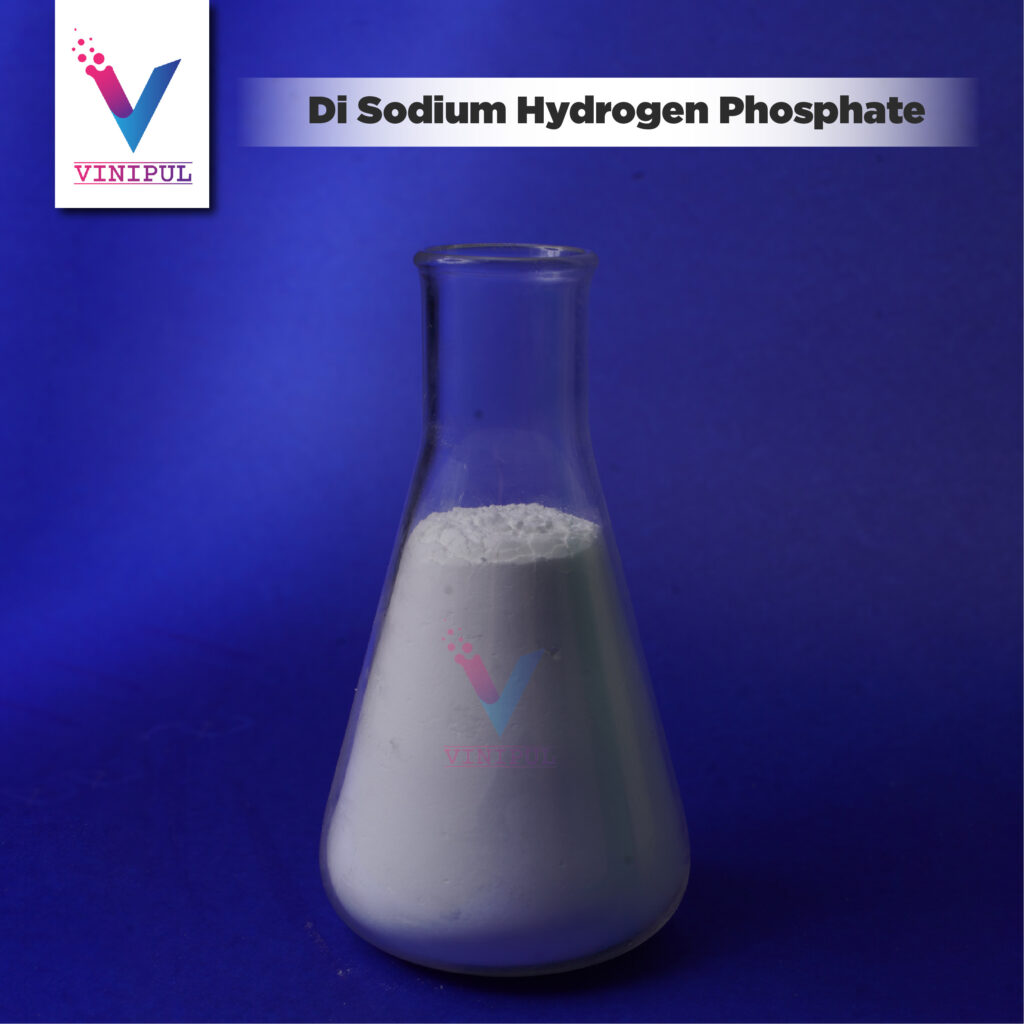
Di Sodium Hydrogen Phosphate
Di Sodium Hydrogen Phosphate, also known as disodium phosphate dihydrate, is a hydrated form of disodium phosphate. It is commonly used as a buffering agent.
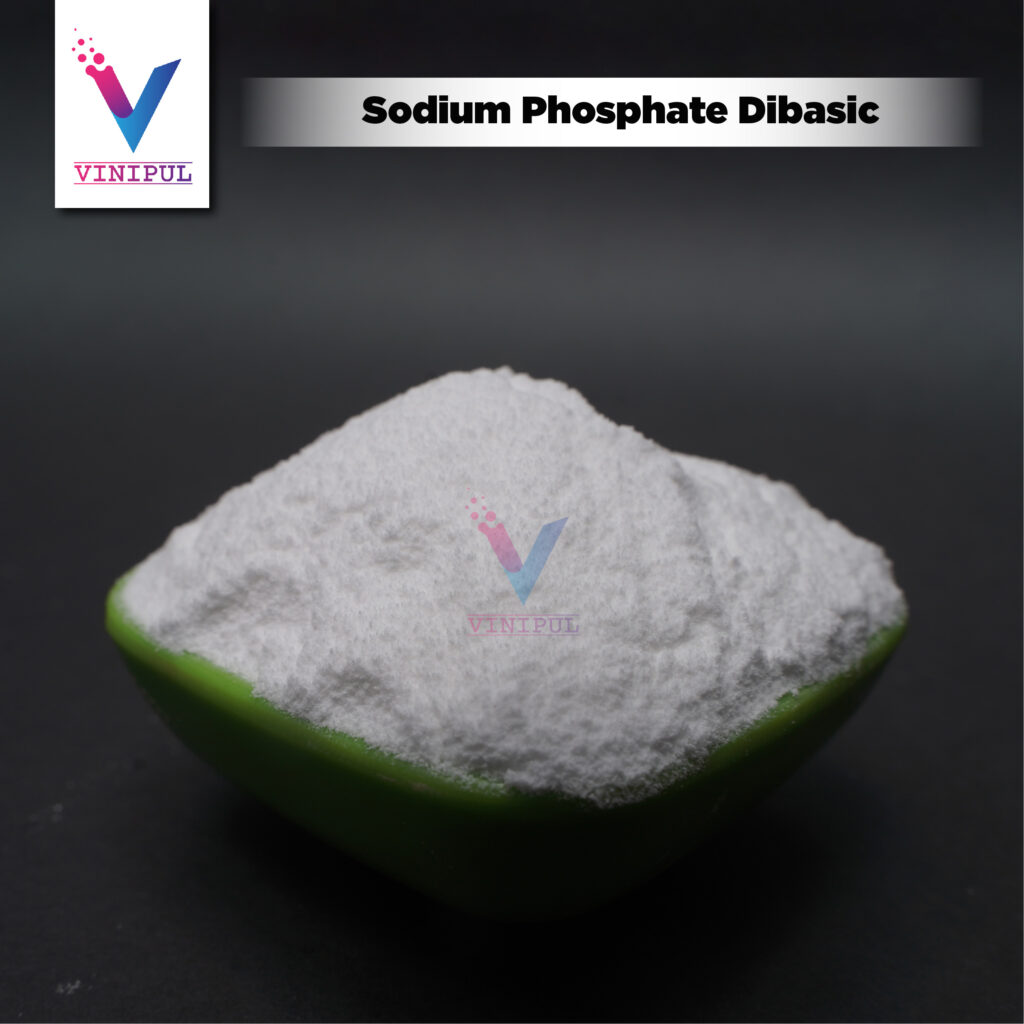
Sodium Phosphate Dibasic
Sodium Phosphate Dibasic is another name for disodium phosphate. It is an inorganic salt used in various applications, including food processing, pharmaceuticals.
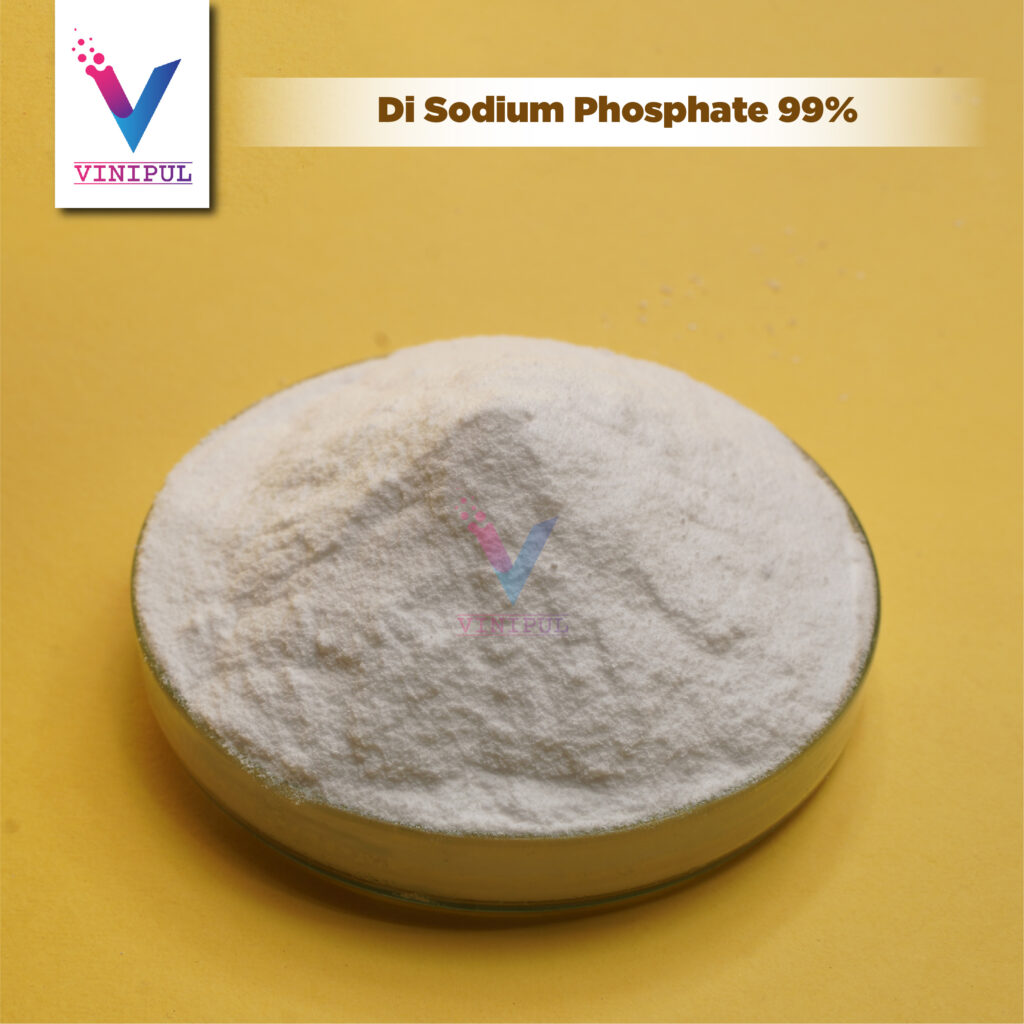
Di Sodium Phosphate 99%
Di Sodium Phosphate 99% refers to disodium phosphate with a purity level of 99%. It is often used in industrial applications where high purity is required.
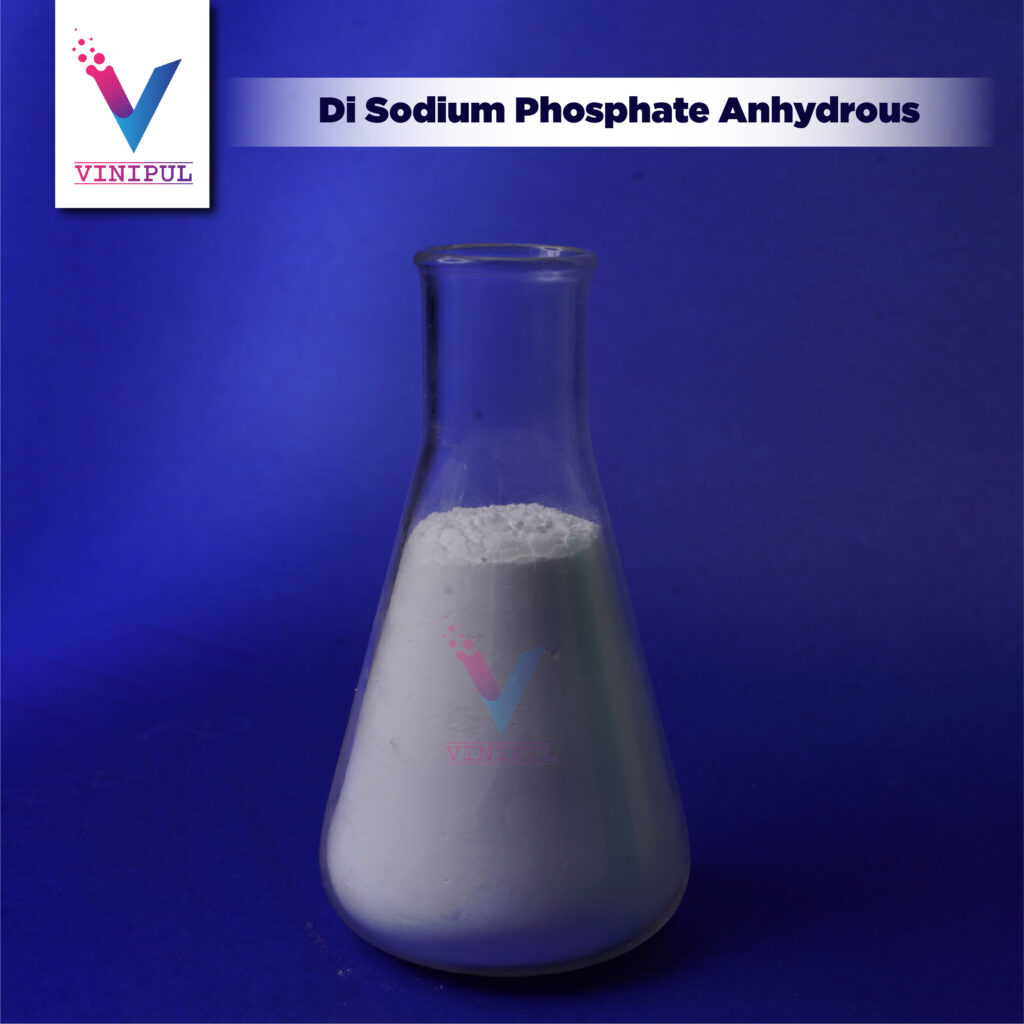
Disodium Phosphate Anhydrous
Disodium Phosphate Anhydrous refers to disodium phosphate without any water molecules attached. Disodium hydrogen phosphate anhydrous
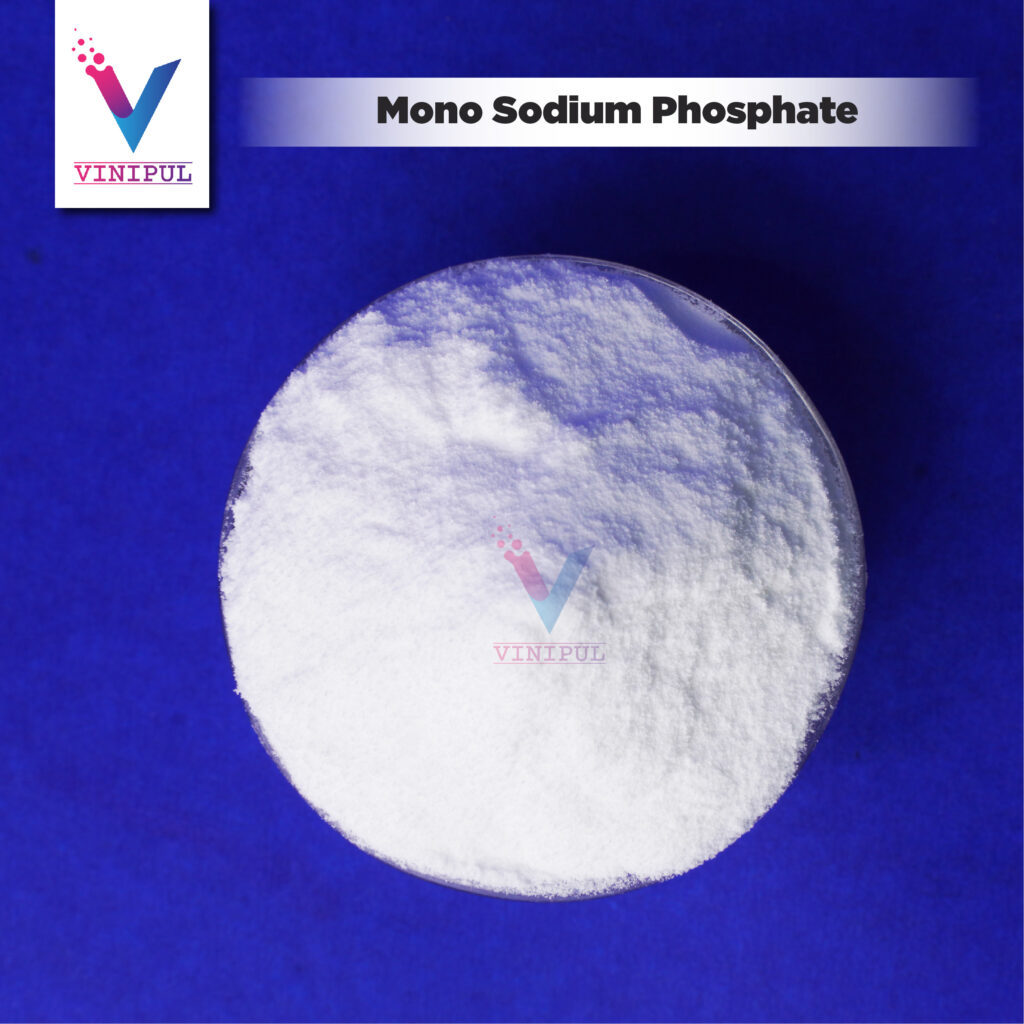
Di Sodium Phosphate Crystal
Di Sodium Phosphate Crystal refers to the crystalline form of disodium phosphate. It is used in various industries for different applications, such as pH adjustment.
How to Make Disodium Phosphate?
The manufacturing process of disodium phosphate involves several steps. Here is a brief overview:
- Phosphoric Acid Production: Phosphoric acid is typically produced by treating phosphate rock with sulfuric acid. This reaction forms phosphoric acid and calcium sulfate, which is commonly known as gypsum.
- Reaction with Sodium Hydroxide: A solution of phosphoric acid is then reacted with sodium hydroxide (caustic soda). The reaction between phosphoric acid and sodium hydroxide produces disodium phosphate.
- pH Adjustment: During the reaction, the pH of the solution is carefully controlled and adjusted to the desired level. This is done by adding the appropriate amounts of phosphoric acid or sodium hydroxide to achieve the desired pH.
- Crystallization: The resulting solution containing disodium phosphate is subjected to a crystallization process. By carefully controlling the temperature and concentration, the disodium phosphate crystals are allowed to form and separate from the solution.
- Filtration and Drying: The disodium phosphate crystals are then separated from the remaining liquid through filtration. The crystals are washed to remove any impurities and then dried to obtain the final product, which is a white crystalline powder.
- Quality Control: The final product is tested to ensure it meets the required specifications and quality standards. This includes checking the purity, moisture content, and other relevant parameters.
It’s important to note that specific manufacturing processes may vary depending on factors such as the desired grade of disodium phosphate and the manufacturer’s techniques and equipment.
Is disodium phosphate an acid or base?
Disodium phosphate (Na2HPO4), also known as disodium hydrogen phosphate, is classified as a salt. It is derived from the reaction of phosphoric acid (a weak acid) with sodium hydroxide (a strong base). Therefore, disodium phosphate is considered to be a basic salt or a conjugate base. When dissolved in water, it can act as a weak base, as it can accept protons (H+) from water molecules to form hydroxide ions (OH-).
Is disodium phosphate an antioxidant?
Disodium phosphate (Na2HPO4) is not primarily classified as an antioxidant. It is a sodium salt derived from orthophosphoric acid and is commonly used in the food industry as a stabilizer, buffering agent, and sometimes as an antioxidant synergist.
As a stabilizer, disodium phosphate helps maintain the consistency, texture, and shelf life of various food products. It is often added to processed foods, such as canned goods, dairy products, and baked goods, to prevent undesirable changes in their physical properties over time.
Disodium phosphate also serves as a buffering agent, helping to regulate the pH levels in food and beverage formulations. By controlling the acidity or alkalinity of a product, it can enhance flavour, improve texture, and increase the effectiveness of other additives.
While disodium phosphate is not directly an antioxidant, it can act as an antioxidant synergist in some food applications. An antioxidant synergist works in conjunction with primary antioxidants to enhance their effectiveness in preventing oxidation, which can lead to the deterioration of food products. Disodium phosphate can help improve the overall antioxidant capacity of a food formulation by working synergistically with other antioxidants present.
Is disodium phosphate organic?
Disodium phosphate (DSP), also referred to as disodium hydrogen phosphate or sodium phosphate dibasic, is an inorganic compound that consists of sodium cations (Na+) and phosphate anions (HPO42-). Its chemical formula is Na2HPO4.
Industrial Applications
Di Sodium Phosphate (disodium phosphate) finds several industrial applications due to its properties and characteristics. Some common industrial uses of Di Sodium Phosphate include:

Water Treatment
Di Sodium Phosphate is utilized in water treatment processes as a buffering agent and pH regulator. It helps to adjust and stabilize the pH levels of water, making it suitable for various industrial applications.

Food Processing
In the food industry, Di Sodium Phosphate acts as a food additive and emulsifier. Disodium phosphate in food aids in improving the texture, consistency, and shelf life of processed foods. It is often found in dairy products, canned meats, baked goods, and powdered food mixes.

Detergent and Cleaning Products
Di Sodium Phosphate is used in the manufacturing of detergents and cleaning products. It helps to enhance the cleaning effectiveness by softening water, preventing mineral deposits, and assisting in the removal of dirt and stains.

Metal Treatment
Di Sodium Phosphate is employed in metal treatment processes, such as electroplating and metal finishing. It acts as a corrosion inhibitor and aids in the removal of rust or oxide layers from metal surfaces.

Textile Industry
In the textile industry, Di Sodium Phosphate is utilized as a dyeing auxiliary and a pH regulator in dyeing and printing processes. It helps to ensure proper dye uptake and colour fastness on fabric.

Pharmaceutical Applications
In pharmaceutical formulations, Di Sodium Phosphate may be used as a buffering agent to maintain the pH of medications and ensure their stability.
These are just a few examples of the industrial applications of Di Sodium Phosphate. Its versatile properties make it a valuable ingredient in various industrial processes, contributing to the production of a wide range of products.
Disodium Phosphate Uses
- Laboratory Reagent and Chemical Analysis Buffer: Di Sodium Phosphate is commonly used as a laboratory reagent and as a buffer in chemical analysis.
- Fire Proofing Agent and Soldering/Brazing Substitute: It serves as a fire proofing agent and can be used as a substitute for borax in soldering and brazing processes.
- Ceramics Manufacturing: Di Sodium Phosphate finds application in the manufacturing of ceramics.
- Textile, Dairy, and Dye Industries: Di Sodium Phosphate is utilized in the textile, dairy, and dye industries.
- Detergent and Soap Manufacturing: It is employed in the manufacturing of detergents and soaps.
- Oil and Refinery Industries, Pesticides Manufacturing: Di Sodium Phosphate is used in the oil and refinery industries as well as in the production of pesticides.
- Food and Water Treatment: Along with other sodium phosphates, Di Sodium Phosphate is used for the treatment of food and water.
About Company
Vinipul Chemicals Pvt. Ltd. is a renowned company recognized as a leading manufacturer, supplier, and exporter of high-purity Disodium Phosphate and various other chemicals. With a strong commitment to quality and customer satisfaction, Vinipul Chemicals has established itself as a trusted name in the industry. As disodium phosphate manufacturers, Vinipul Chemicals ensures the production of Disodium Phosphate and other chemicals of exceptional purity. The company employs advanced manufacturing techniques and adheres to stringent quality control measures to deliver products that meet the highest industry standards.
Vinipul Chemicals serves as a reliable supplier, catering to the diverse needs of customers across different sectors. The company maintains a comprehensive inventory, ensuring prompt and efficient delivery of chemicals to clients worldwide. Their well-established distribution network enables them to reach customers in a timely manner. In addition to their manufacturing and supply capabilities, Vinipul Chemicals excels as an exporter. With a global presence, the company has successfully built long-term partnerships and has gained a reputation for delivering quality chemicals to international markets.
FAQ's
the pH of disodium phosphate is between 8.0 and 11.0.
Disodium phosphate is also known as sodium hydrogen phosphate.
Disodium Phosphate is generally considered safe for consumption when used in accordance with regulations and guidelines. However, it is essential to adhere to recommended usage levels and consult relevant authorities for specific safety information.
The shelf life of Disodium Phosphate can vary depending on storage conditions. When stored in a cool, dry place away from moisture and contaminants, it can typically have a shelf life of several years.
Disodium Phosphate is commonly available in various packaging options, including bags, drums, or containers. The packaging is designed to ensure proper protection against moisture and contamination.
Yes, Disodium Phosphate can be customized to meet specific requirements. Manufacturers and suppliers often offer different grades and specifications based on customer needs.
When purchasing Disodium Phosphate, it is advisable to look for certifications such as ISO, GMP (Good Manufacturing Practice), and relevant regulatory approvals specific to the industry or application.
The lead time for ordering Disodium Phosphate can vary depending on factors such as quantity, packaging, and supplier availability. It is recommended to contact Vinipul chemicals directly to inquire about the lead time for a specific order.
Disodium Phosphate should be stored in a cool, dry place, away from moisture, direct sunlight, and incompatible substances. It is important to follow the storage instructions provided by the supplier to maintain its quality.
Yes, Disodium Phosphate can be transported internationally. However, it is important to comply with applicable regulations, documentation requirements, and transportation guidelines specific to the country of import and export.
The minimum order quantity for Disodium Phosphate is 25 kg / 50 kg.
Yes, Vinipul chemicals offer the option to request a sample of Disodium Phosphate before placing a bulk order. It allows customers to evaluate the product’s quality and suitability for their intended application.
Payment terms for purchasing Disodium Phosphate can vary on the nature of the business transaction. Common payment terms include advance payment, letter of credit, or agreed-upon terms between the buyer and supplier.
Yes, Disodium Phosphate can be exported to different countries, subject to compliance with export regulations, documentation requirements, and any specific restrictions or permits imposed by the importing country.
If you are looking to purchase Disodium Phosphate, then Vinipul Chemicals Pvt. Ltd is your one stop-shop. Vinipul chemicals is a highly regarded company known for its expertise in the manufacturing, supplying, and exporting of high-purity Disodium Phosphate.
Market Area
We supply and exports Disodium Phosphate in all parts of the world such as
Disodium Phosphate in Africa Countries
South Africa , Nigeria, Kenya, Ghana, Ethiopia, Tanzania, Algeria, Angola, Benin, Botswana, Burkina Faso, Burundi, Cabo Verde, Cameroon, Central African Republic (CAR), Chad, Comoros, Democratic Republic of the Congo, Côte d’Ivoire, Djibouti, Egypt, Equatorial Guinea, Eritrea, Gabon, Gambia, Guinea, Guinea-Bissau, Lesotho, Liberia, Libya, Madagascar, Malawi, Mali, Mauritania, Mauritius, Morocco, Mozambique, Namibia, Nigeria, Rwanda, Sao Tome and Principe, Senegal, Seychelles, Sierra Leone, Somalia, South Sudan, Sudan, Swaziland, Togo, Tunisia, Uganda, Zambia, Zimbabwe.
Disodium Phosphate in Gulf Countries
Oman, Qatar, Kuwait, Saudi Arabia, Dubai, Bahrain, Iran, United Arab Emirates
Disodium Phosphate in Asia Countries
Afghanistan, Armenia, Azerbaijan, Bahrain, Bangladesh, Bhutan, Brunei, Cambodia, China, Cyprus, Georgia, India, Indonesia, Iran, Iraq, Israel, Japan, Jordan, Kazakhstan, Kuwait, Kyrgyzstan, Laos, Lebanon, Malaysia, Maldives, Mongolia, Myanmar (Burma), Nepal, North Korea, Oman, Pakistan, Palestine, Philippines, Qatar, Russia, Saudi Arabia, Singapore, South Korea, Sri Lanka, Syria, Taiwan, Tajikistan, Thailand, Timor-Leste, Turkey, Turkmenistan, United Arab Emirates (UAE), Uzbekistan, Vietnam, Yemen
We supply Disodium Phosphate in all parts of India.
Andhra Pradesh, Arunachal Pradesh, Assam, Bihar, Chhattisgarh, Goa, Gujarat, Haryana, Himachal Pradesh, Jammu & Kashmir, Jharkhand, Karnataka, Kerala, Madhya Pradesh, Maharashtra, Manipur, Meghalaya, Mizoram, Nagaland, Odisha, Punjab, Rajasthan, Sikkim, Tamil Nadu, Telangana, Tripura, Uttarakhand, Uttar Pradesh and West Bengal.
Note: – Please be advised that the information contained in this document is intended for illustrative purposes only. Due to variations in product grade, applications, industries, or uses, the accuracy of the information provided cannot be guaranteed. © Copyright 2023 © Vinipul Chemicals All Rights Reserved (Terms of Use). Reproduction of any material from this site is strictly prohibited without permission. Vinipul Chemicals products are exclusively sold through the company’s website. For precise product specifications and requirements, as well as advice on which products are best suited for your specific application needs, please contact us at business@vinipulchemicals.com Use Terms | Privacy.

